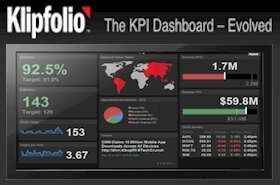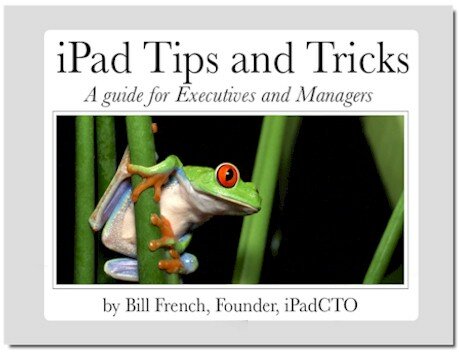As the Android debate steams on at full tilt, fanboys (and girls) arguing their positions on technical and usability merit, and oblivious for the most part to the rapid growth of Android adoption, one position on the topic is starting to get more traction. iPad is not a product.
Are we wasting time comparing apples with tangello-melon-pomegranets?
iPod was and is not a product either. It sprang to live as an eco-system; a collection of carefully orchestrated hardware, software services, aftermarket agreements, and content channels with unbeatable music prices. It’s also supported by a broad foundation of compelling marketing and product positioning themes that few consumers can, or want to resist. IPod is blessed with a seriously focused chain of retail stores that provide virtually unlimited access to consumers and a powerful customer support presence. Coupled with an impeccably managed supply chain and quality assurance systems, there’s little to debate; iPod wasn’t a “product” in the typical sense that we ever saw before.
iPad is to the post-PC experience what iPod was to the post-media-player experience. Like iPod, iPad didn’t carve out sales from an existing market; it is the market.
Comparing Motorola Xoom sales to iPad sales is just as silly as comparing aggregate Android installations to iOS installations. These are meaningless, arbitrary comparisons that conclude nothing. Yet, the beat goes on – and the headlines grow sillier every week.
We don’t really have a lot of experience to help us understand the scale of this new breed of dominant “stuff” we repeatedly confuse with the term “product”. But this is not unfamiliar territory for humans. Not too far in the past, before the invention of radar, we didn’t understand mesoscale convective systems. From any given perspective, mesoscale systems looked like any other thunderstorm. Today we know that these are very different and capable of producing far more serious weather.
Just sayin’ …




















[...] iPad is Not a Product iPad is to the post-PC experience what iPod was to the post-media-player experience. Like iPod, iPad didn’t carve out sales from an existing market; it is the market. [...]
I’d love to see the day, in the not too distant future, when Apple announces that it made more from iTunes & Apps than Google did from search.
I figure Apple’s about 20 Million units away from that day.
I read a story last week that indicated iPhone alone (as a business) is already larger than Google.
[...] nature of iPad is commonly misunderstood as a product. See …"iPad is Not A Product" – https://ipadcto.com/2011/04/17/ip…iPad defines the market, it is not so much a competitor in an established market. In that sense, it [...]